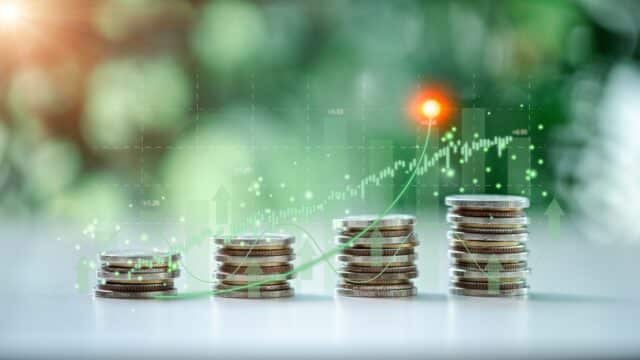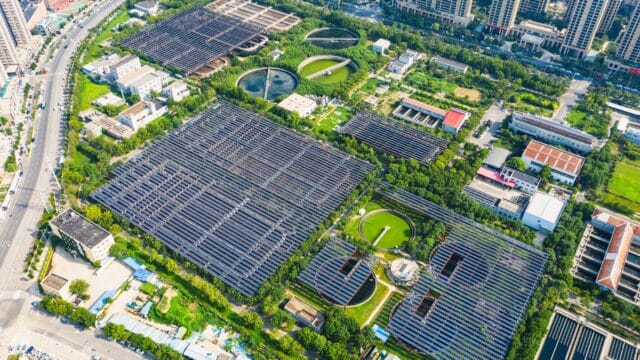Articles
Biodiversity Loss: Causes, Effects and Solutions
Biodiversity is crucial for global ecosystems and the associated services that humans rely on. However, biodiversity loss is increasing exponentially due to human activities. Changing this trend is a crucial step in regional and global climate action.
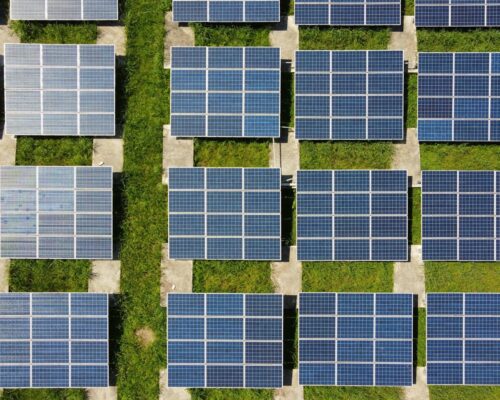
Energy Transition in Asia-Pacific: Opportunities in 2025
APAC’s booming economy, population and energy demand make the pace of its clean energy transition crucial for global efforts to slash carbon emissions in line with the Paris Agreement. The 2025 NDC updates and the ambition demonstrated by APAC countries will be among the most crucial developments this year.

Air Pollution: The Silent Global Epidemic
Air pollution directly results from human industrialisation and has countless health and economic consequences. However, it remains a challenging issue to tackle, as it requires stringent government policy and societal changes.

New Climate Finance Goal A Boon for Indonesia, But Much Work Remains
At COP29 in Baku, countries agreed on global carbon market standards and a new climate finance goal (NCQG) of USD 300 billion annually by 2035, offering opportunities for Indonesia’s energy transition. While President Prabowo Subianto has pledged ambitious renewable energy targets and a coal phase-down, challenges such as record coal production, inefficiencies in the carbon market and unclear climate finance structures persist. To fully benefit from COP29 outcomes, Indonesia must advance energy reforms, address data gaps, and align its policies with international climate goals.

Top 10 Current Environmental Issues In the World In 2025
The planet faces a myriad of environmental issues that stem from human actions. As the global population has increased along with economies modernising, the demand for natural resources and pollution rates have increased exponentially. This has placed a growing level of stress on the planet's natural systems – many of which are showing signs of wear.
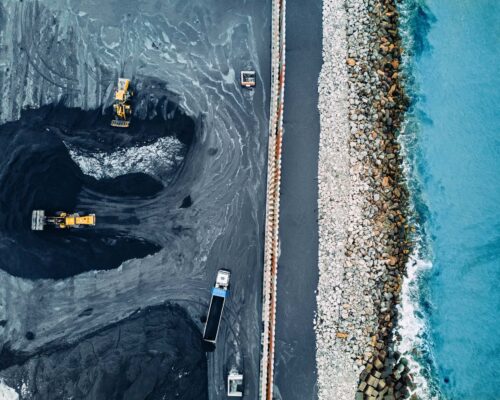
Exposing The Cons Of Fossil Fuels
Fossil fuels dominate the global energy mix yet have many cons that make them ill-suited for long-term use. Our existing reliance on fossil fuels is a significant social, economic and environmental risk. Renewable sources provide a sustainable long-term alternative.
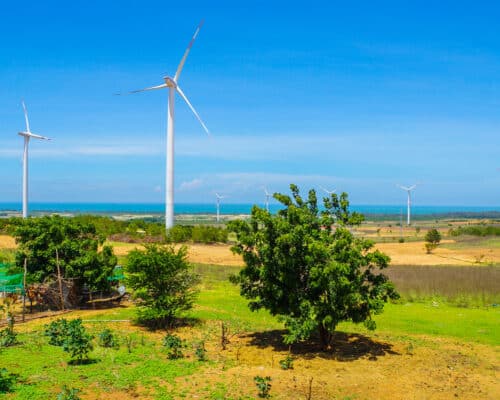
RE-powering ASEAN: Readying Power Systems for Renewables [Op-Ed]
Contractual reforms and targeted measures to accelerate investments in renewables are key to unlocking ASEAN's potential for a clean energy future. This piece explores strategies to overcome barriers and drive a sustainable, affordable energy transition in the region.

When Will Fossil Fuels Run Out?
Fossil fuels are finite, and the world's reserves are running out. This is primarily driven by the world's continuously growing demand for energy. Renewable energy adoption must be expedited to fill this energy gap and speed up the transition from fossil fuels.

To Phase Out Coal by 2040, Indonesia Should Address Captive Coal and Scale Up Renewables
Indonesia is starting to show ambition in accelerating its energy transition, including by aiming to phase out coal by 2040 and scaling up renewables. However, analysts say that succeeding requires addressing captive coal use and increasing solar and battery storage deployment.

Indonesia’s Plan to Retire Coal Plants ‘Challenging’ [Op-Ed]
Indonesian President Prabowo Subianto's ambitious plan to phase out coal power plants within 15 years is a pivotal step toward achieving net-zero emissions by 2050. Analysts highlight that while challenging, this goal is achievable with clear policies, robust investments, international support, and rapid deployment of renewable energy technologies. With coal accounting for 60% of Indonesia's emissions, the transition to renewables and the integration of battery storage will be essential for the nation to meet global climate targets and align with the 1.5°C pathway.
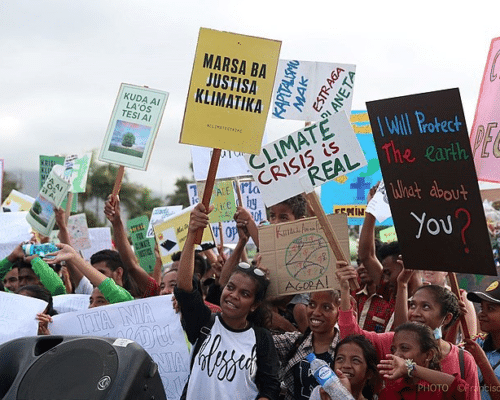
Asia and Japan’s Energy Transition Not on Path to Net Zero
Asia must urgently decarbonise, but reliance on fossil fuel-based technologies like LNG and CCS, led by Japan, is stalling progress. Prioritising wind, solar and science-based policies is crucial in driving the region’s energy transition and tackling the climate crisis.
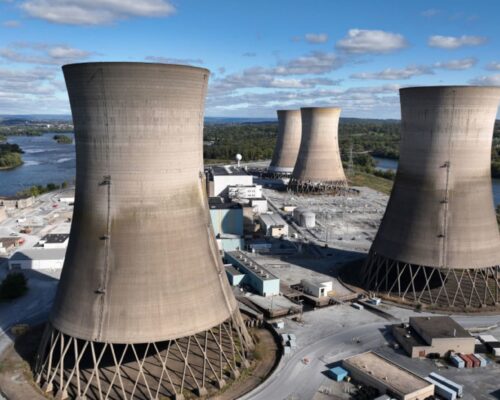
The Advantages and Disadvantages of Nuclear Energy
Nuclear energy has recently gained more attention after its slowdown in the early 2000s. However, nuclear energy still presents many challenges, making renewables like solar and wind the better long-term energy solution.

How Can Technology Help the Environment?
Researchers and scientists have provided solutions to address the climate crisis and safeguard the environment. Ongoing innovations from them will enhance the affordability, scalability, and efficiency of these solutions. The next step involves increasing the necessary investments to implement these solutions effectively.

Beyond Busan – Will the Prolonged Push to Secure a Global Plastic Treaty Help Combat the Disposable Cups Crisis in South Korea?
The recent INC-5 negotiations in Busan spotlighted the urgent need to tackle plastic pollution globally, with a focus on reducing single-use plastics like disposable coffee cups, which contribute significantly to waste in South Korea and beyond. While the treaty negotiations ended without a binding agreement, discussions highlighted innovative reuse solutions, such as rental cup systems and “Bring Your Own Container” initiatives, as promising pathways to transition from a linear to a circular economy. As the world’s fourth-largest petrochemical producer, South Korea has a critical role in aligning government, business, and citizen efforts to curb unsustainable plastic use ahead of the next round of talks in 2024.
Most Popular
Most Popular
Categories
-
10
-
34
-
126
-
4
-
17
-
46
-
52
-
11
-
10
-
15
-
24
-
6
-
1
-
5
-
6
-
283
-
200
-
17
-
24
-
1
-
1
-
23
-
41
-
44
-
88
-
18
-
86
-
41
-
17
-
11
-
43
-
54
-
86
-
299
-
22
-
44
-
36
-
11
-
42
-
36
